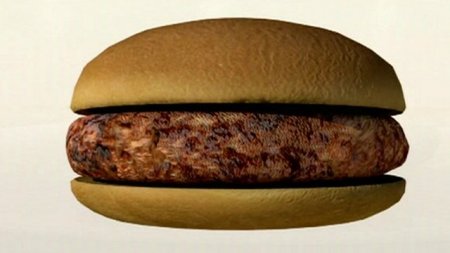KemiO
Moderator
The first lab-grown burger has been grown in a laboratory by scientists in the institute of Netherlands.
According to BBC News, Prof Mark Post of Maastricht University, the scientist behind the burger, said: "Later today we are going to present the world's first hamburger made in a lab from cells. We are doing that because livestock production is not good for the environment, it is not going to meet demand for the world and it is not good for animals".
In support of the research, he further states that livestock is not good for the environment, it does not meet the world demand for meat and it is not good for animals. Hence, the need for lab-grown meat which uses 45% less energy than the average global representative figure for farming cattle.
However, the technology was critiqued that eating less meat is what will reduce food shortages as opposed to the production of more meat. Nevertheless, animal activists seem to be in favor of the technology.
According to BBC News, Prof Mark Post of Maastricht University, the scientist behind the burger, said: "Later today we are going to present the world's first hamburger made in a lab from cells. We are doing that because livestock production is not good for the environment, it is not going to meet demand for the world and it is not good for animals".
In support of the research, he further states that livestock is not good for the environment, it does not meet the world demand for meat and it is not good for animals. Hence, the need for lab-grown meat which uses 45% less energy than the average global representative figure for farming cattle.
However, the technology was critiqued that eating less meat is what will reduce food shortages as opposed to the production of more meat. Nevertheless, animal activists seem to be in favor of the technology.



